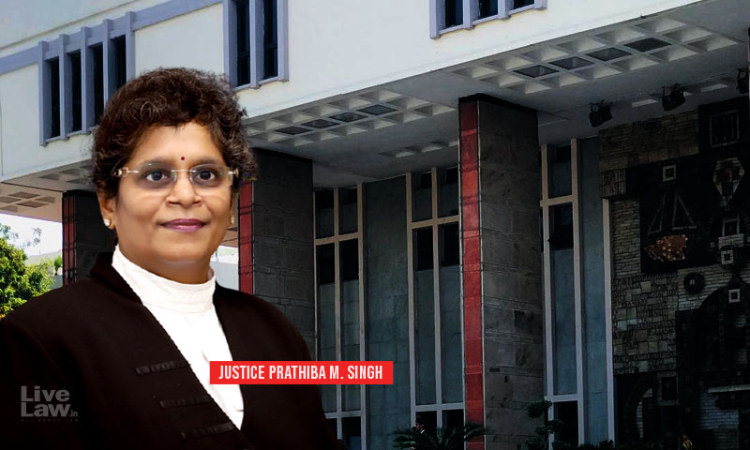The Delhi High Court has ruled that jhuggi jhopri dwellers cannot be disqualified from rehabilitation under Delhi Government’s policy merely because their name doesn't reflect in the electoral roll.Justice Prathiba M Singh relied on the judgment of a division bench in Udal and Ors. v. Delhi Urban Shelter Improvement Board and Ors wherein it was held that the parties would be permitted to...

